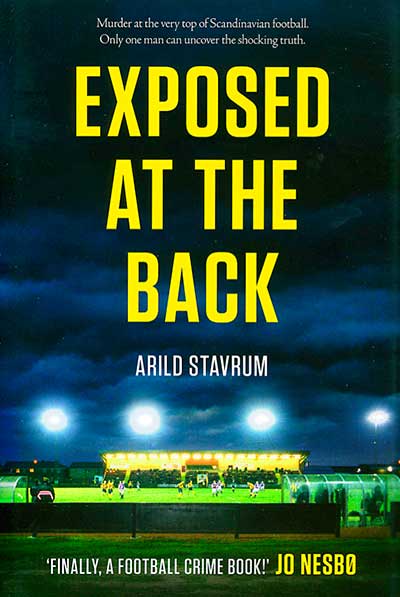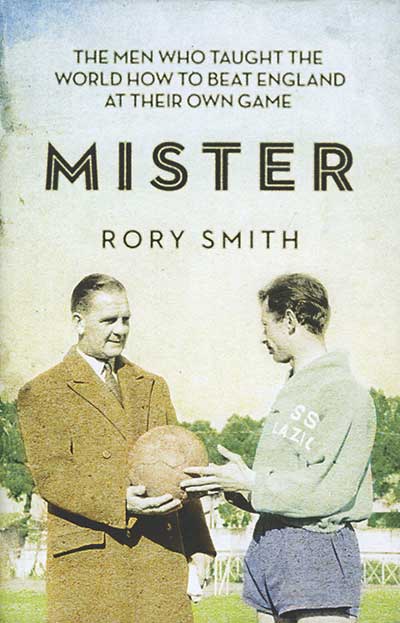 by Arild Stavrum
by Arild Stavrum
Freight Books, £14.99
Reviewed by Mark Sanderson
From WSC 343 September 2015
Buy this book
Perhaps the biggest criticism of ex-footballers working in the media today is that they don’t provide nearly enough insight into what life as a professional footballer is really like. If former Norway and Aberdeen striker Arild Stavrum’s football crime novel is anything to go by then that’s just as well.
Having played for eight clubs in several different countries, as well as working as a manager over a five-year period, Stavrum can offer a telling insight into the various goings on when a player moves clubs. In the book’s case those details tend to involve vast amounts of corruption.
Stavrum’s writing career began while still a player in his early 20s when the local paper asked him to write a column. This, his second novel, but his first to be printed in English, is based upon the murder of the most powerful man in Norwegian football: agent Arild Golden – a man whose ruthless pragmatism compels him to use any means to justify his desired ends. Golden has no moral objection to exploiting teenage African footballers and manipulating his way to earning hugely disproportionate margins on the player sales he negotiates.
Although he spent a few seasons at Pittodrie at the turn of the century, Stavrum’s critique is very clearly aimed at his home country, although the themes of ambition, greed, corruption and jealousy are universal. The murder has already happened as the book begins. Golden’s corrupt ways are revealed in a series of flashbacks, well demonstrated in his dealings with (a clearly fictitious) Everton chairman James Stirling, who he refers to privately as “Mr Gastric Bypass”. The agent’s hand in a particular transfer is strengthened considerably by incriminating photographs he has of Stirling with several Ukrainian women who turn out to be under-age. Golden blackmails Stirling to buy a certain player, as well as paying the full fee to a private bank account in Guernsey.
The plot brings together a young TV sports reporter and a recently retired former Ajax player, Steinar Brunsvik, who try to solve the case. The reason for Brunsvik’s retirement is the source of his motivation to uncover the killer. In the hands of a lesser writer this may have sounded as far-fetched as Brunsvik’s new career as a lawyer, but the characters are so well sketched out, and the dialogue so convincing, you put the book down trying to remember where you saw him play.
Stavrum excels in creating an environment highlighting the leading characters’ growing paranoia, but he doesn’t hang about: the book moves in rapid-fire chapters that manage to address homophobia, racially divided changing rooms, doping, the culture of celebrity, and what it is to be a single parent, in an insightful way. The book is brought to a satisfying conclusion; the only negative aspect is that it might trigger a trend for publishers to go looking for ex-footballers to become novelists. Stavrum has earned the right to be described as the latter and the book deserves a wide readership.
Buy this book
 The men who taught the world how to beat England at their own game
The men who taught the world how to beat England at their own game  by Arild Stavrum
by Arild Stavrum